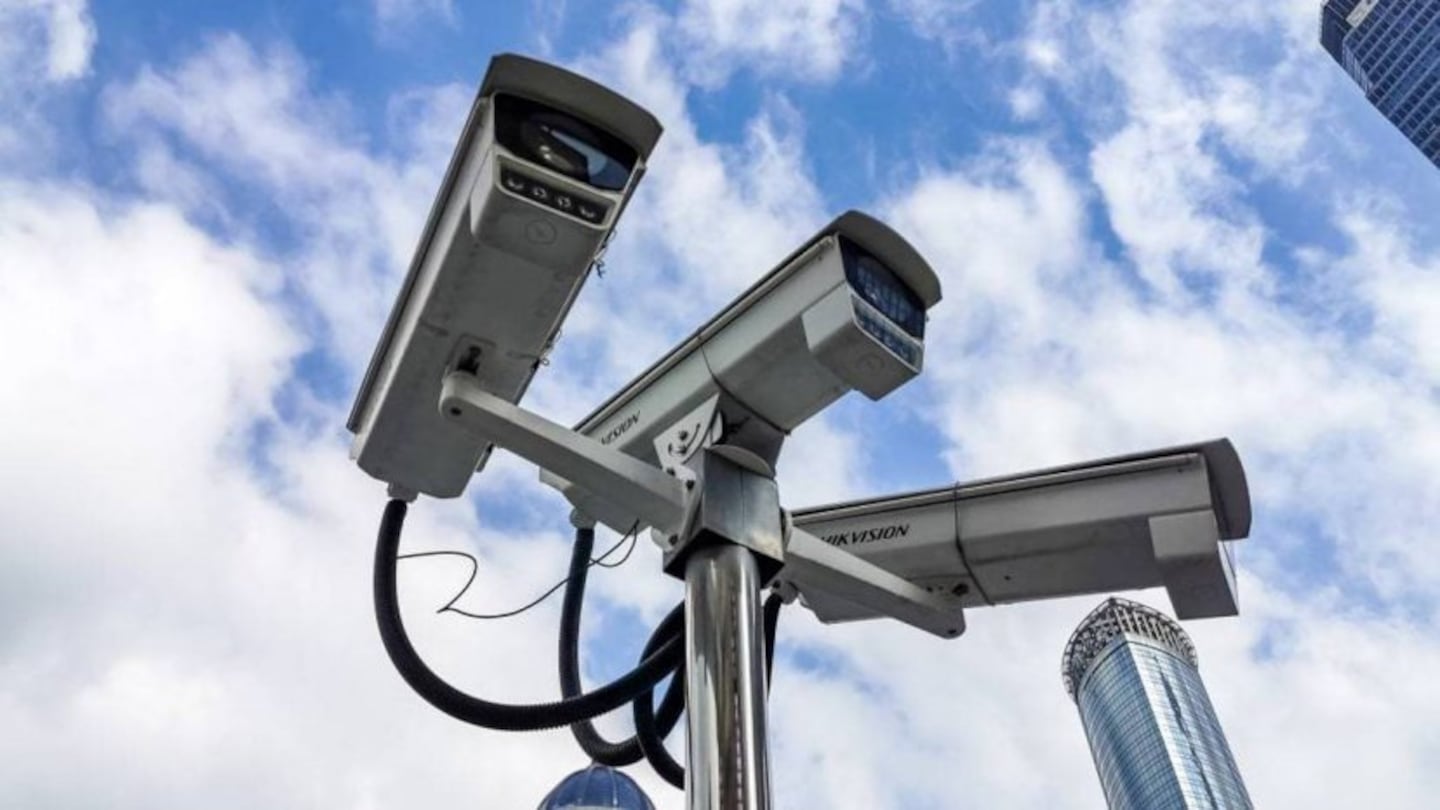Biometric data collected from surveillance cameras is being reviewed by the Privacy Commissioner amid concerns it could be used against the public, especially Māori.
Computers which can use public security cameras to identify people and their movements are among the concerns of Commissioner Michael Webster.
A "strong case for further action to ensure the use of biometric technologies is subject to appropriate privacy protections" has been made, Webster said, while announcing a review into the technology and how it operates in Aotearoa.
Police and the Department of Internal Affairs use the technology in New Zealand for things like checking passports at airports, and in July legal opinions sought by government cleared the way for greater use of facial recognition.
Security analysts cite China's Xinjiang province where officials use the technology to identify minority Uighur Muslim populations, so they can be found and detained in so-called 're-education centres', as an example of why populations should be sceptical.
Racial profiling concerns
Documented bias and racial profiling within law enforcement raises concerns for Māori, according to the commissioner.
'The collection and use of images that may include ta moko," is also a concern, according to the document, which is designed to seek public opinion on how biometric data should be used.
Police were issued with a compliance notice by the Commissioner last week after it was discovered officers in Wairarapa unlawfully photographed young Māori in December 2020.
The commissioner says as companies adopt the tech, they also need to know what's legal and what isn't.
"Greater clarity would allow organisations to innovate and make safe and effective use of biometrics when they have a good reason to do so, knowing the kinds of safeguards they need to have in place," the paper said.
The document says the public needs to know how and why its information is being collected and used.
Use other countries' template
"Regulatory clarity would assure the public that their biometric information should be processed only if it’s appropriate and safe to do so in the circumstances," the report says.
Other countries have already implemented protections that could provide a template to base legislative guidelines on, according to the commission document.
"While taking account of our specific context, New Zealand needs to remain broadly in line with comparable jurisdictions so we maintain our global privacy and human rights reputation," it says.
"Other countries with which we commonly compare ourselves have implemented tighter controls on biometrics than New Zealand has."
The report comes a week after revelations thousands of Hikvision security cameras have been deployed by New Zealand government departments.
Hikvision is a Chinese government-owned company and the cameras are currently being decommissioned in Europe after an expose from Italian media discovered they were transmitting back to servers in the People's Republic of China.
Submissions on the Privacy Commissioner's consultation are due by September 30.




